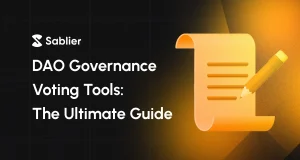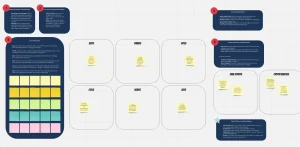As a small business owner, it is your responsibility to stay abreast of all tax filing and payment dates – including those for IRS Form 1040 and 1099-MISC filers as well as quarterly New York State and City estimated tax payments.
These deadlines depend on your type of business structure. To help keep yourself organized, here are key tax deadlines you should mark in your calendar:
1. File Your Business Taxes
All business owners must report their taxable income to the IRS annually; however, the due dates vary based on business structure. Sole proprietors and single-member LLCs taxed as disregarded entities use Schedule C with their individual returns in order to file taxes while partnerships and S corporations must submit Form 1120 instead.
Filing on time is key for avoiding penalties from the IRS. Depending on your earnings, they could charge a failure-to-file penalty of five percent each month or the total of your unpaid taxes due.
If you need extra time to file and pay your business taxes on time, an extension can be requested. Just remember that an extension only extends your filing deadline; any payments must still be made by their original due date in order to avoid late payment penalties.
2. File Your Personal Taxes
No matter the structure of your business, personal taxes must be filed timely to avoid incurring penalties that increase with each month you are late, up to 25 percent of what you owe in total.
April 18 is the tax deadline for individuals, partnerships, single-member LLCs taxed as disregarded entities who requested an extension and C corporations who make quarterly estimated tax payments.
November 10 is the deadline for depositing Social Security, Medicare and withheld income tax payments due for September if you are on a regular payment schedule.
If your filing obligations have been compromised due to extenuating circumstances such as natural disaster, illness or family death, penalty abatement could be possible. The IRS will review your situation and decide if any relief from penalties should be granted; they can do this either through their toll-free phone number or an online form.
3. Pay Your Taxes
Failing to file or pay taxes can have serious repercussions for any business, with penalties of between 5% and 0.5% of unpaid balance being assessed per month (or part thereof) that taxes remain unpaid.
Add these important dates to your calendar now so you stay organized and avoid penalties! If you miss a deadline, consider exploring penalty abatement with the IRS; in particular if an event such as natural disaster or illness of close family member prevented filing on time. Make an appointment now to discuss end-of-year strategic tax planning with one of Block Advisors certified small business tax pros!
4. Request an Extension
Millions of Americans file tax extensions annually, for a variety of valid reasons – life gets in the way sometimes! But remember, filing an extension simply extends your deadline for paperwork but not payment – the IRS expects any balance owing to them by the original due date, failing which they may impose late-filing penalties and interest.
IRS Form 4868 or their free e-filing software IRS Free File are two options to request an extension, though please keep in mind that filing an extension doesn’t extend payment deadlines; any outstanding balances must still be settled by April 18 this year. Some people are eligible for automatic extensions based on where they live or work abroad or being affected by natural disasters as well as membership in the military; all others should act quickly to avoid penalties and confusion.












More Stories
Developing a Business Continuity Plan for Long-Term Remote and Hybrid Teams
Business Models for the Circular Economy in Consumer Electronics
Navigating the Creator Economy: A B2B Brand’s Playbook for Authentic Connection